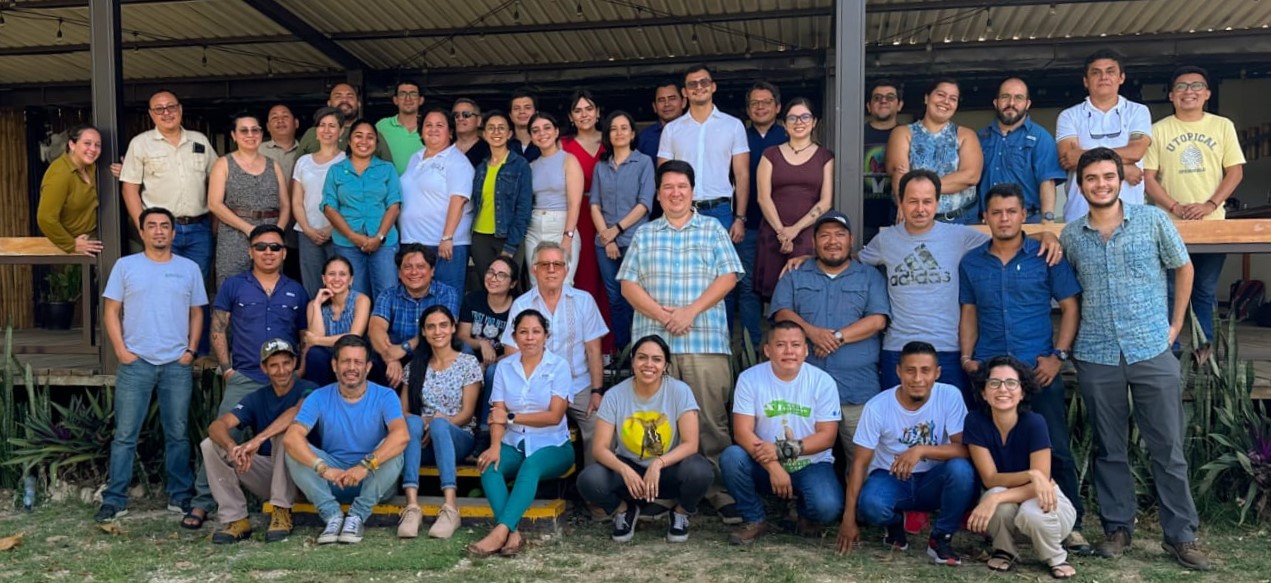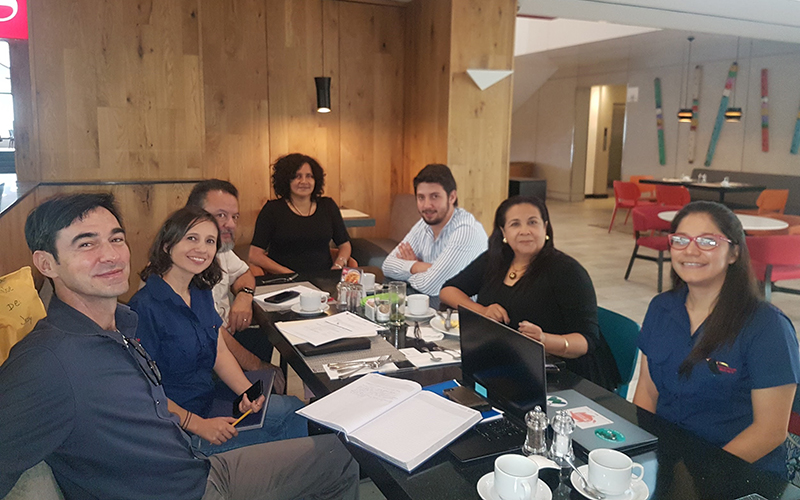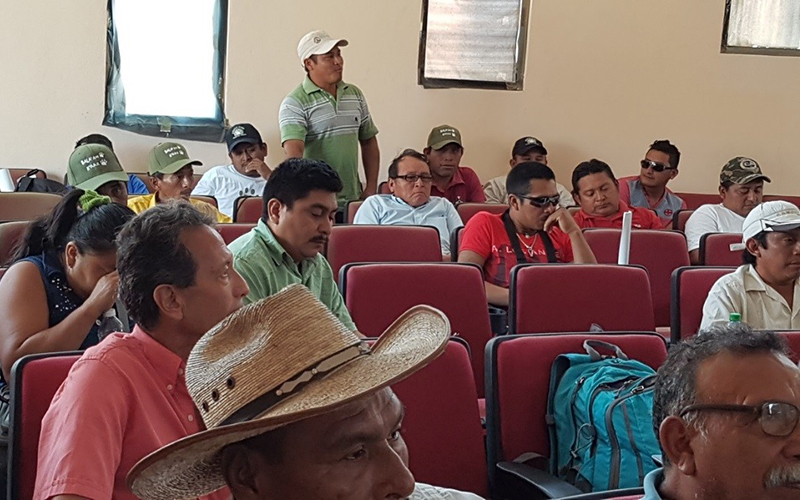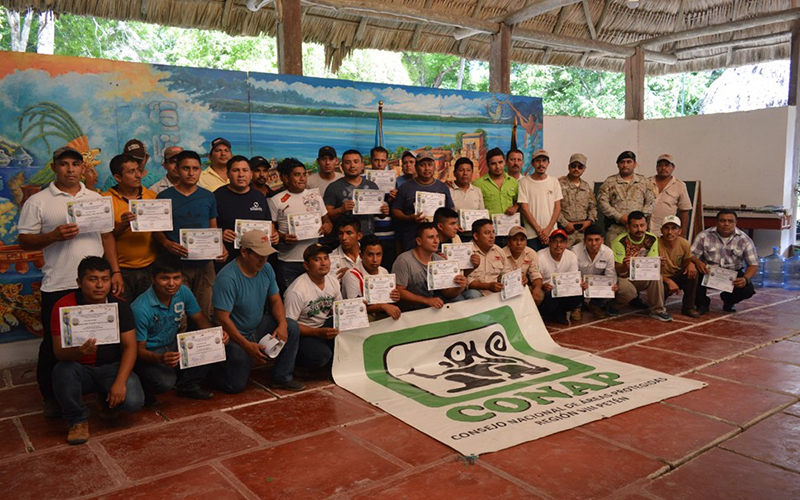In the peacebuilding process which is derived from the agreement between the Government of Colombia and the Revolutionary Armed Forces of Colombia (FARC), the first point of the Integral Rural Reform proposed to rebuild the regions affected by the conflict under the criteria of environmental sustainability, income generation and social inclusion. The intention is to generate alternatives to illegal land use practices that combine biodiversity and sustainable management of forest resources.
With the aim of exchanging experiences, the projects Environment and Peace of Colombia and Protection and Sustainable Use of the Selva Maya, both implemented by the German Cooperation for Sustainable Development (GIZ), met from November 29 to December 1, 2019 in Petén, Guatemala. The first project presented its progress in land management, with an environmental focus, in the areas affected by the conflict. The second presented planning instruments for the sustainable use of land and resources, as well as sustainable alternatives for income generation(agroecological practices, silvopastoral systems, use of non-timber products).
Community leaders, representatives of civil society organizations, environmental consultants and advisors from government institutions took part in the exchange. It is hoped that The progress made in the implementation of the community forestry model in Guatemala should serve as an experience for the peace process in Colombia.




